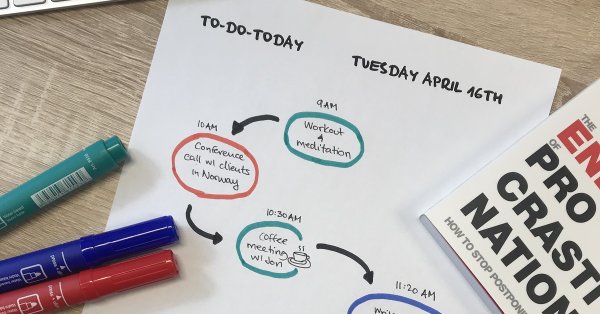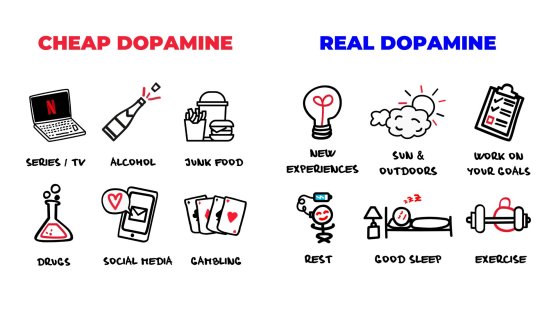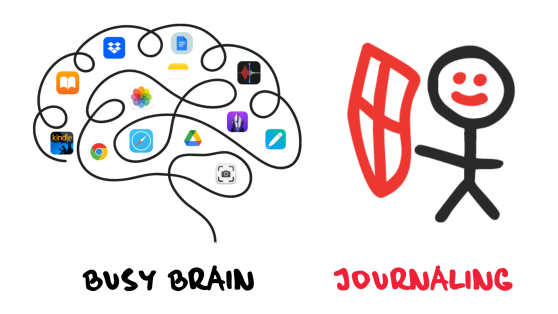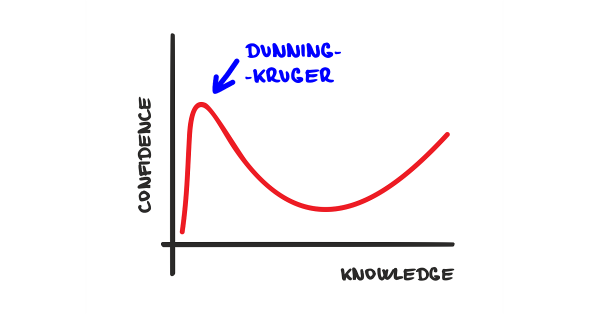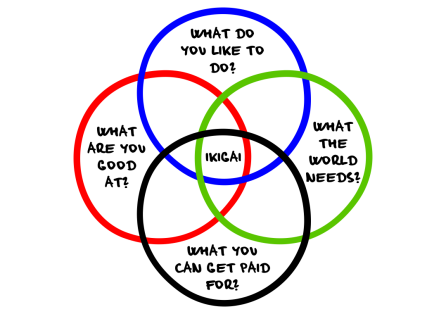Blog article
Extrinsic Motivation: The Downside of Being a Goal Junkie
Posted by Adela SchickerLong-term motivation is crucial for fighting procrastination and for having a happier and more fulfilled life.
What’s better intrinsic or extrinsic motivation? Most businesses manage employees with extrinsic rewards. However, there’s good reason to believe creating internal motivation would have better long-term effects.
Science knows quite a bit about motivation and since motivation is crucial for fighting procrastination, it’s important to have an understanding of it. But motivation is also important for having happier and more fulfilling lives in general. In fact, with the wrong motivation, you could win a Nobel Prize or become world-famous and still not find lasting happiness because of hedonic adaptation.
Basically, there are two types of motivation - extrinsic and intrinsic.
Extrinsic motivation is the result of receiving external rewards for doing a particular task. These motivators can be positive or negative. Positive motivators, like receiving extra cash, are sometimes referred to as carrots, while negative motivators, like the threat of being fired, are called sticks.
If we are under the influence of extrinsic motivation, we’ll do something that we have to do, but we don't do it willingly. An extensive meta-analysis of more than 100 studies shows us that this kind of motivation has many drawbacks and can backfire easily.
Why is extrinsic motivation bad?
External motivation often creates pressure and, contrary to what you may think, our brain just doesn't work well under pressure. We become less happy. The brain’s levels of the neurotransmitters serotonin and dopamine decrease. Without those neurotransmitters our cognitive skills like creativity, memory, and learning are weaker.
Extrinsic motivation can be effective, but only in limited settings - it works well with manual activities. If I offer you $10 for every hammered nail and give one minute to hammer them, you can hammer very quickly. It’s not the same for thinking and creativity. Instead, external pressure and the stress hormone cortisol suppress these brain functions.
This is very counter-intuitive. In this case, adding motivation leads to procrastination because it creates more pressure. Take note parents and managers: if you push someone to do something like this, you can actually undermine his productivity in the long term.
Let’s take a look at what happens when we use awards to motivate people. Say you entered an academic competition to win an award. After you win you’ll surely be happy for a bit, then due to hedonic adaptation you’ll fall back to your normal happiness level. You will have changed in one way though, you’ll need an even bigger award to decide to enter the next competition.
Unfortunately, extrinsic motivation can also lead to the erosion of enjoyment in tasks that were previously intrinsically pleasing. For instance, the overjustification effect shows that giving excessive external rewards can reduce intrinsic motivation. So, if we rely on external rewards to motivate ourselves or others to do a task we could be permanently reducing their intrinsic enjoyment of that task!
What works better than extrinsic motivation? Intrinsic motivation
The main ingredient of intrinsic motivation is autonomy - being able to take full responsibility for our own lives. Sometimes we say, that there are two most important days in our lives. The day we were born and the day that we found why. That's the moment when we take full charge of our future and our life's destiny.
Looking to find your intrinsic motivation? The first third of our book The End of Procrastination is all about this topic.
